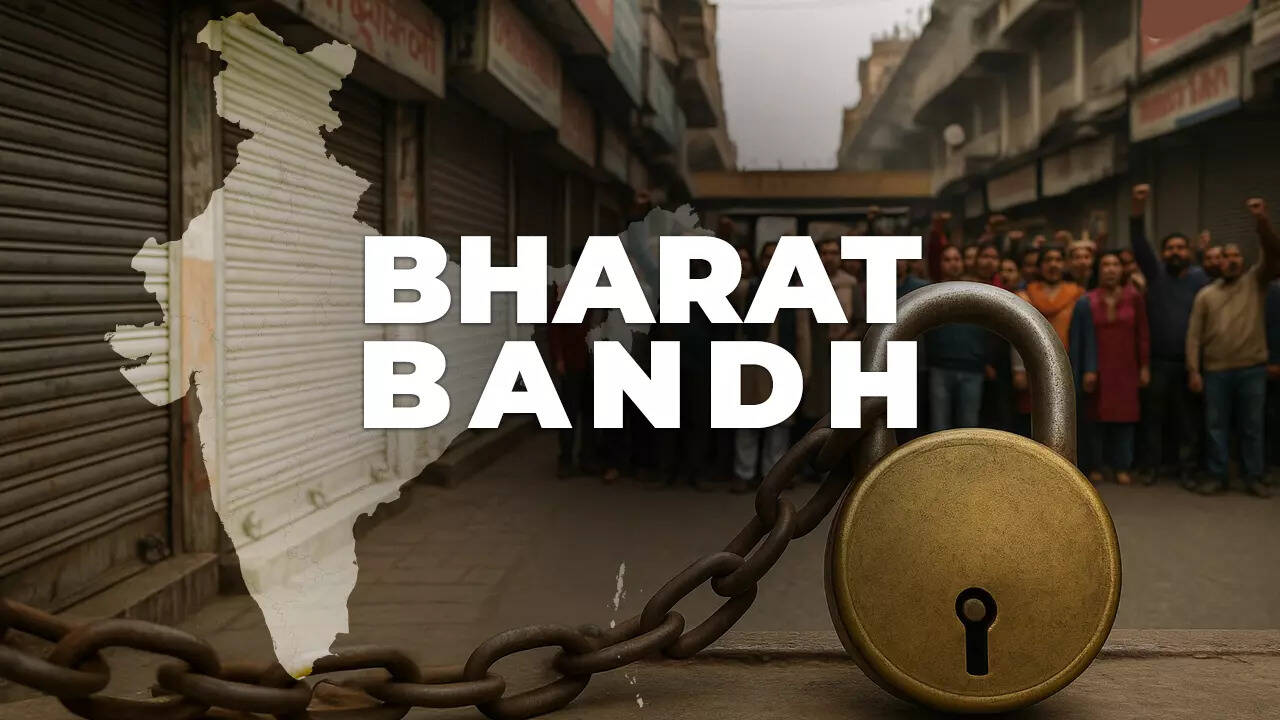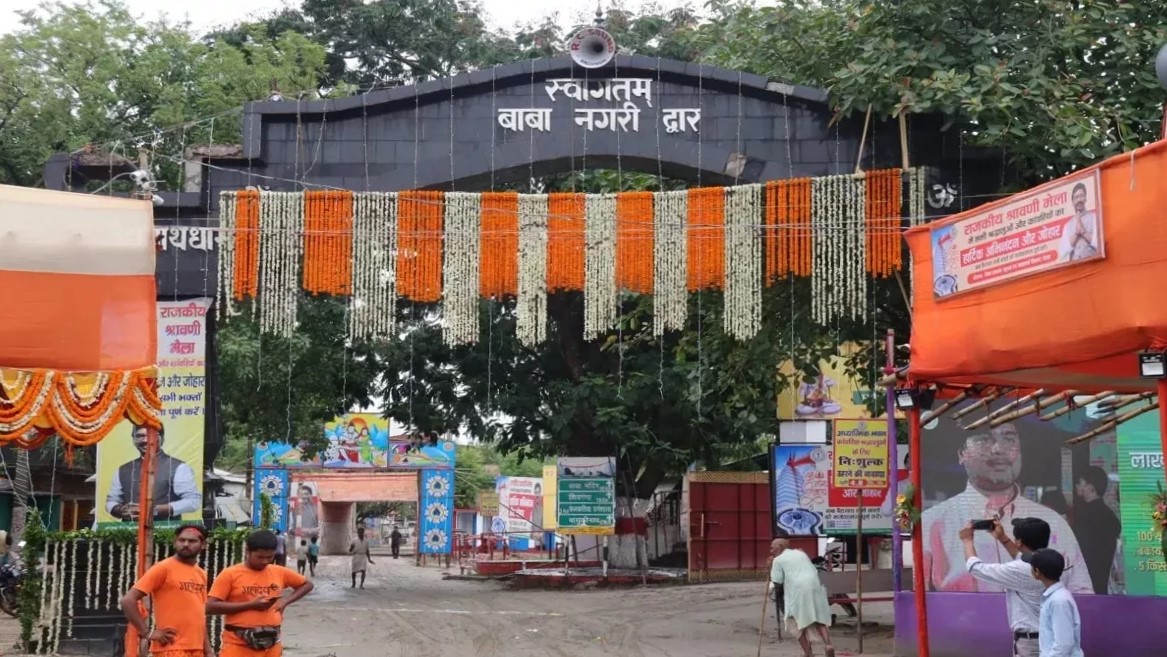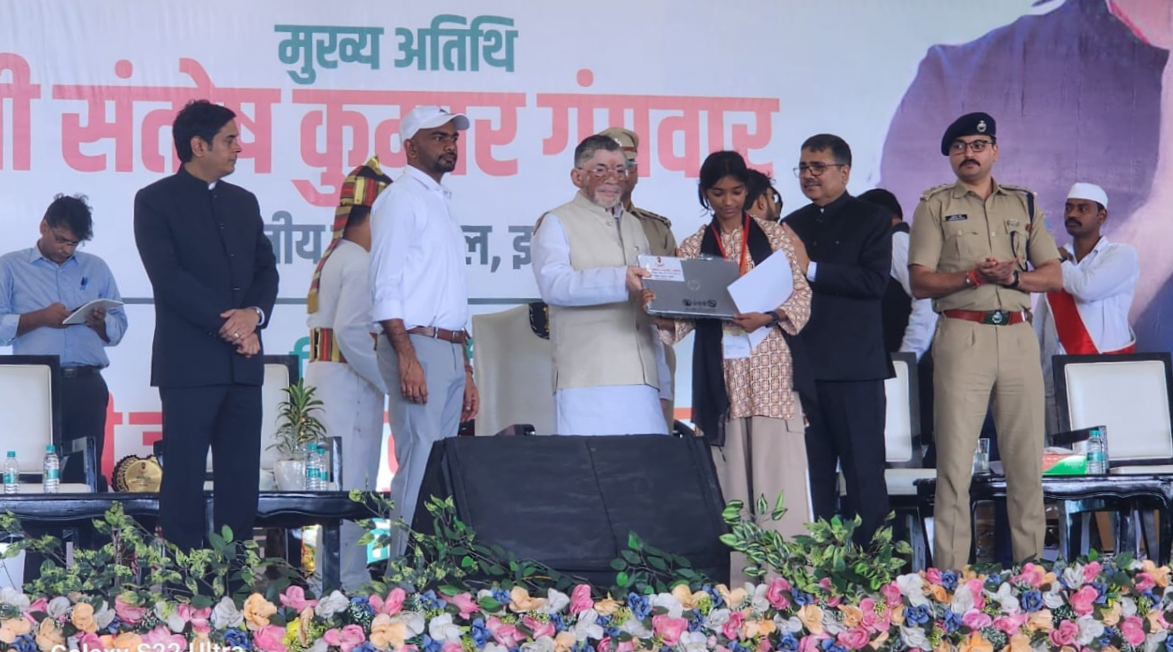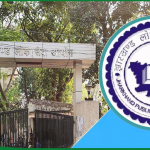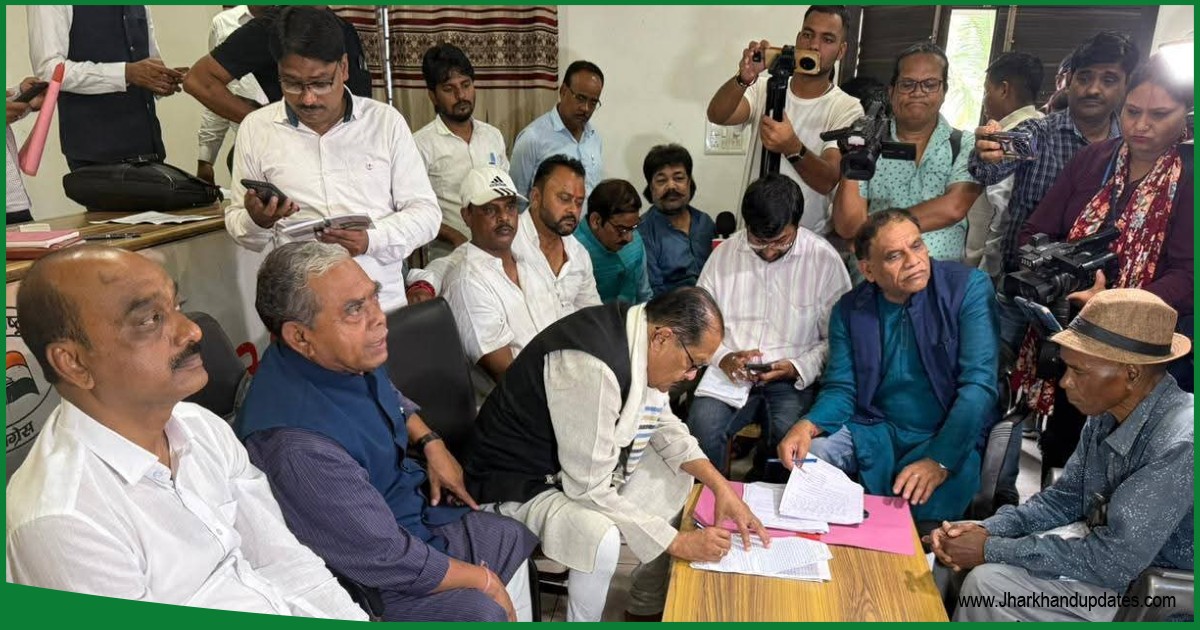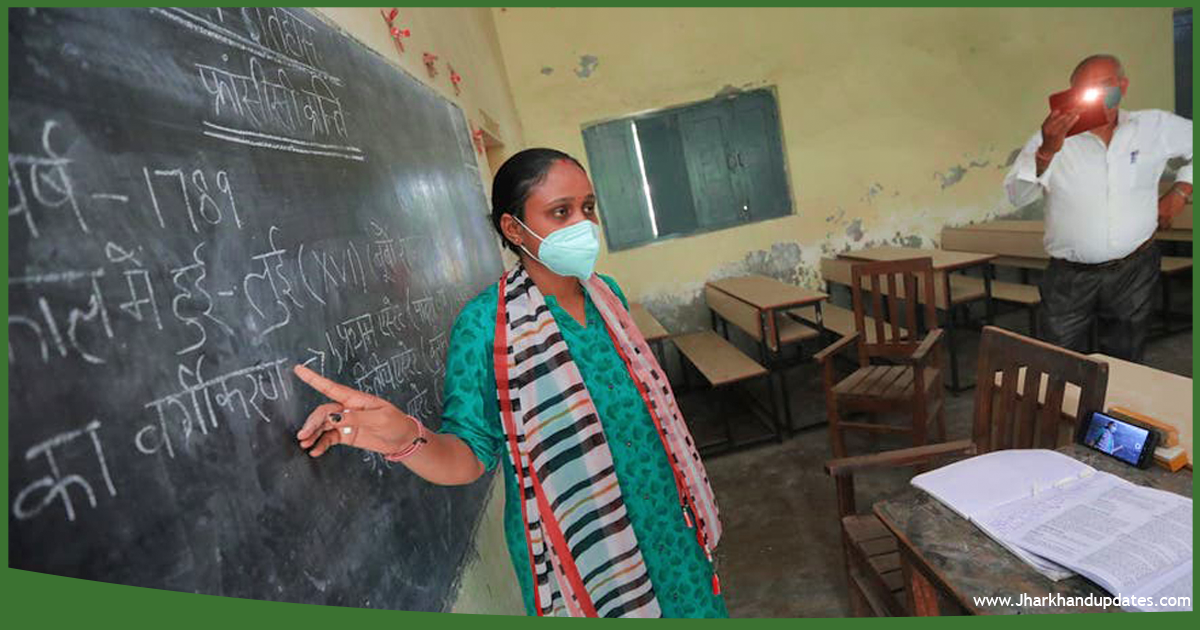It has been an ever-increasing lockdown which first started in March 2020 due to the Covid-19 pandemic and it still continues in different measures in India. One of the big fallouts of this lockdown and subsequent shutting down of schools and colleges has been endured by the students. The schools have remained closed for over a year now with the physical classroom teaching having been replaced by online classes. With no date foreseeable when the schools will reopen, the mental physical and social impact of an indefinite school lockdown has been devastating for students according to experts.
There are abundant instances that portray the grim story of the effects of school lockdowns in India. There is a young school-going boy from Jharkhand belonging to a patriarchal family who has only one phone in the entire family used between two siblings for online classes. The patriarchal setup has meant that the male child gets preference in using the phone while the sister loses out on learning.
Apart from the financial woes, the families are facing, there are social issues like patriarchy also at play which has been negatively affecting the female students. Internet subscribers in India stand at 719 million out of a population of 1.3 billion people, according to government data. Although India has 530 million smartphone users, 300 million of those use cheaper phones which are mostly not suitable for online learning. Added to that when families have only single phones with competing usage between parents for work and children for studies, the preference is generally accorded to the male child over the female child.
Zarreen Rahman, a curriculum facilitator for English for schools in Jharkhand, says she tries to spare some extra time for children from impoverished families who are struggling on several fronts. She says children have difficulty accessing a phone for logging in to online schools, persuading parents to pay for internet data, dealing with connectivity in remote areas, and negotiating patriarchal views that often prioritize the education of male children. Apart from this the parents also suffer from a lack of knowledge about the technical aspects of online studies and online fee payments. Ms. Rahman says that she starts the classes with 17-18 students present out a class strength of 30 students but ends up with just a few 6-7. She further complains that kids tell her, “We are not getting enough internet data and your period is towards the end of the school timetable.” The children whose parents are educated and well-off have seen their academic performance remain unaffected if not improved. On the other hand, some have not been so lucky. Schools are there to provide education to everyone, even those whose parents are uneducated but this lockdown has got away with that provision in various degrees.
The lockdown has especially hit the poor children in rural areas the hardest. For some children, the only source of food and nutrition in the entire day, the Mid Day Meals that are provided free of cost in certain schools, ceased to be provided as schools were closed. The Mid Day Meal scheme is in place to uplift nutritional standards among children and to ensure attendance and enrolment of children in schools. The Central Human Resource Development (HRD) ministry directed states to ensure that students received their Mid-day meals or alternatively cash but due to lockdown and covid restrictions and the vastness of areas and students to be covered, the efforts did not see success.
Children are going through a difficult phase mentally as well. One 15-year-old student from Mumbai, Teesta Bhattacharya says, “It doesn’t feel like you’re learning anything. It’s been self-study. You don’t study at school anymore. You just sit there and listen to the teacher. Everybody has burned out and there’s really no mental health counseling happening.” She cites an incident where a classmate left the online class in tears when the teacher shared news of that student’s father’s demise to the class. She said that the students who lost loved ones got little to no time to process their trauma and had to return back to join classes as if nothing had happened. The teachers and parents both have also faced challenges. They had to learn using technologies they had never used like making PowerPoint presentations or using video conferencing apps. The parents have to manage their children who are throughout at home and who need constant engagement and to counter those parents have used methods which may not be best for children.
Education expert Meeta Sengupta says: “Once you have online learning, there’s no such concept as the ‘backbench’. Introverts, those who are neurodiverse, and those who are, sort of, condemned to being ‘backbenchers’ have actually done better because they are in their comfort zones and because they have been protected from a lot of bullying and a lot of the triggers that happened in an ordinary school. Teachers have started giving equal attention. Psychologically that means some students who would not ordinarily have been encouraged to be so engaged in their lessons have actually done a little bit better because they’ve all received almost equal encouragement.” The students while remaining at home have also got extra time which they have used to explore several hobbies like cooking, gardening, painting, singing, etc, engaged in topics of their own liking and learned new things which they may not have if their schools were running as usual.
She says that children have learned to take control of their own education at home. Otherwise, usually, it is the teachers who are in control and prescribe the curriculum and the manner of its delivery. But she says that overall the school lockdown has had a bad impact on children, especially in their ability to be discovered by friends, and to be vulnerable at play or even in the classroom or in general the emotional and social characteristics that develop with social interactions.
According to UNICEF, the closure of 1.5 million schools in 2020 impacted 247 million children enrolled in elementary and secondary schools. With the 2nd wave death toll still high, schools are not willing to reopen. All India Institute of Medical Science director Dr. Randeep Guleria says that proper vaccination will have a huge role to play in the schools’ reopening. When schools reopen in the distant future, Ms. Sengupta says, educators will have to very gently reintroduce students into habits of shared spaces. She says it will be the responsibility of the teachers to bring the students out of their inner traumas. She says that plans are underway to introduce bridge modules of study on return and should include mentoring students in emotional and social skills as well as addressing the learning loss that resulted due to devolving learning habits. She further points out the problem of learning lag. She says the exploration and discovery which used to happen in the safe space of classrooms has been lacking in online mode which will need resolution.


